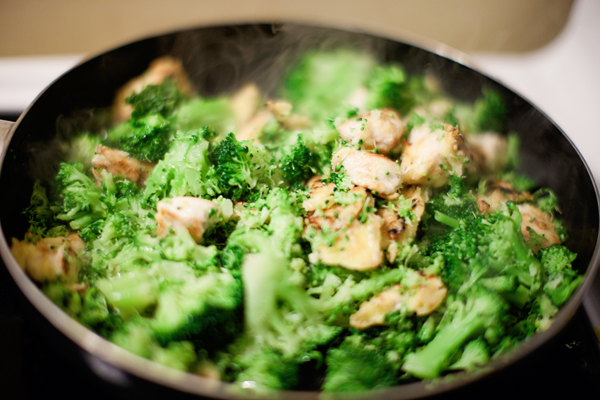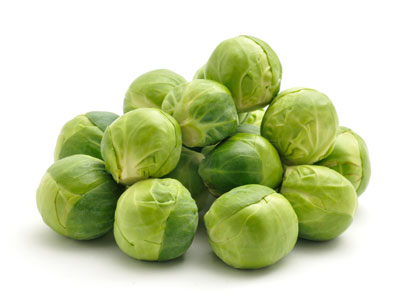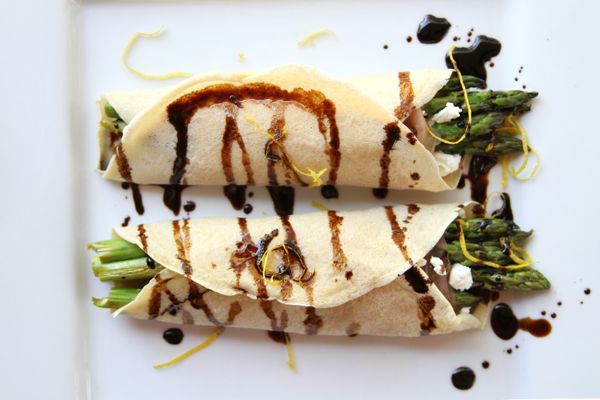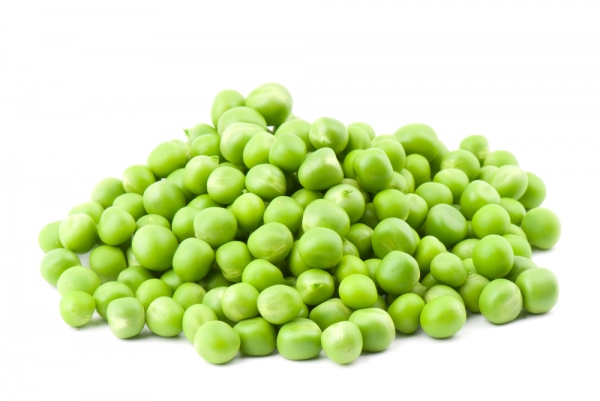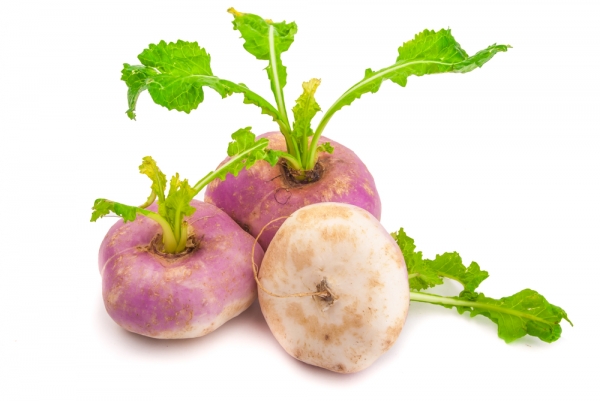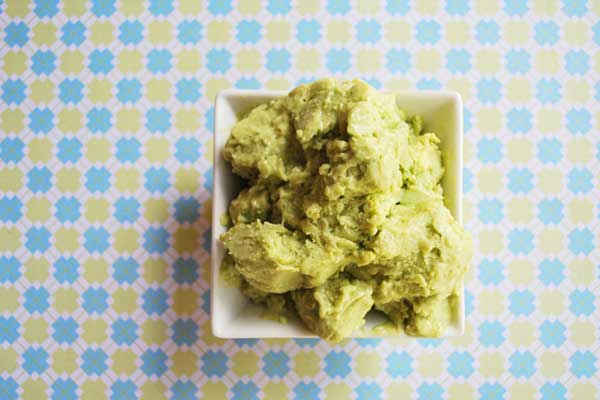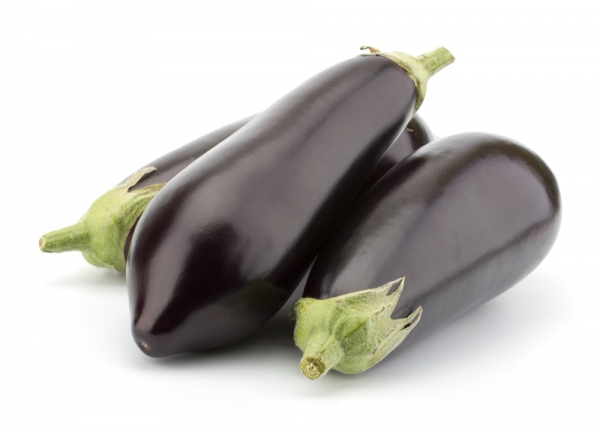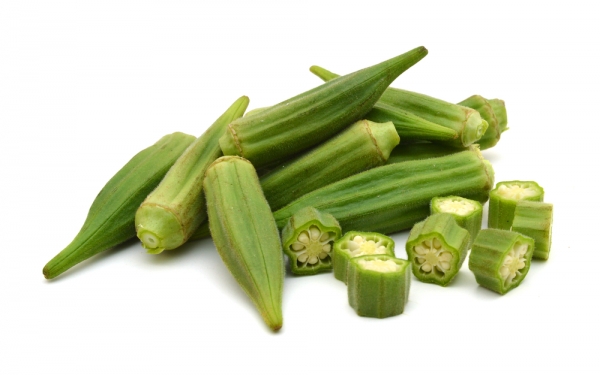Kids are notorious for it, but there are still plenty of adults who struggle to eat their vegetables. However, the time has come to move on from the idea that vegetables beyond potatoes, carrots and green beans are “yucky,” and expand our palates.
We want to set the record straight for some of the least-loved vegetables (and one fruit) and encourage you to give them a chance. All are packed with nutrients, and are a healthy addition to any diet. We’ll start you down your new vegetable-eating path by providing some recipe suggestions that are so good, you won’t want to pick out the previously-offensive veggies.
Look at this list as your own personal vegetable challenge. Try a new one at least once a week, and you may be surprised which formerly condemned veggies become new favorites!
Broccoli
It’s hard to say if the “little trees” nickname helps or hurts broccoli’s appeal. Regardless, the vegetable is packed with vitamin K, important for blood clotting, and can be enjoyed raw or cooked. Ease your way into eating broccoli by combining it with foods you already like.
Try it mixed into your stir-fry for added flavor, fiber, bulk, and color!
Beets
A beet’s color may be the prettiest in mother nature’s palette. This nutrient-rich root veggie is also full of carbohydrates, which means they can be a great way of boosting your energy without a sugar crash later. Beets are chock full of many nutrients including calcium, iron and vitamins A and C.
Try it in our amazing Harvest Chopped Salad.
Onions
Why would you want to eat a vegetable that makes you cry? Because they’re full of flavor, and it’s thought these little tear jerkers can help fight inflammation and promote healing. That’s definitely nothing to cry about!
Try it on Grilled Kabobs, like our recipe featuring the perfect combination of shrimp, sausage and sweet onion.
Brussels Sprouts
They may be strange looking, but you would have a challenge finding a vegetable that’s better for you. Full of fiber and cancer-preventing phytonutrients, Brussels sprouts should be a quick addition to your diet.
Try it with these Lemony Brussels Sprouts, a simple way to let this delicious (yes, delicious) vegetable shine.
Asparagus
If you want more antioxidants and anti-inflammatories in your diet, asparagus is the way to go. It also has a delicious savory flavor that doesn’t require much seasoning at all.
Try it in these Asparagus Prosciuotto Crepes. They may look fancy, but they’re surprisingly simple to make and a great way to highlight the natural deliciousness of this maligned vegetable.
Peas
If you’re only judgement of peas comes from what you can find in a can, you should seriously give them a second chance, and quickly ask for seconds. Since peas are full of folic acid and vitamins K and A, you’ll be happy to oblige!
Try it in a flavorful side of Peeas with Dill, you’ll have the whole family asking for “more peas, please!”
Turnips
Another funny-looking root veggie, turnips really deserves a second chance. Turnips are starchy and similar in taste and texture to potatoes, but with about 2/3 fewer calories and a bit more vitamin C. Turnips are a nice source of potassium, too!
Try it as a mashed potato alternative.
Avocado
While technically a fruit, avocado are more likely to be eaten like a vegetable. Though many rave about avocados and their many health benefits, some just can’t get past the mushy texture.
Try it as a frozen yogurt treat to combat the ick-factor. Just mix avocado and Greek yogurt for a perfectly smooth treat you won’t believe is so healthy!
Eggplant
A favorite amongst vegetarians, eggplant can be used in a variety of ways, including grilling this meaty vegetable like a burger.
Try it in eggplant parmesan, the perfect way to enjoy this low-calorie vegetable that’s full of vitamins and minerals.
Okra
Packed with vitamins A, C and K as well as dietary fiber, okra is a low-calorie way to make sure you get the nutrients you need. Okra is a southern food staple, and often comes fried.
Try it in this Paleo Country Curry for a lighter approach that gives comfort food an Asian twist.
Chickpeas
There are plenty of hummus-lovers that can’t seem to digest the idea of digesting whole chickpeas, also known as garbanzo beans. That’s a shame, since they are full of fiber. In fact, just one cup of chickpeas provides you with 140% percent of the fiber you need in a day! As well as half the potassium and nearly all the iron you need!
Try it in this Couscous with Chickpeas, Dried Fruit and Cilantro, which proves that chickpeas are good for more than just veggie dip.
Photos by Kacy Meinecke
Also Read:
The 9 Tastiest Ways to Enjoy an Avocado Every Day

